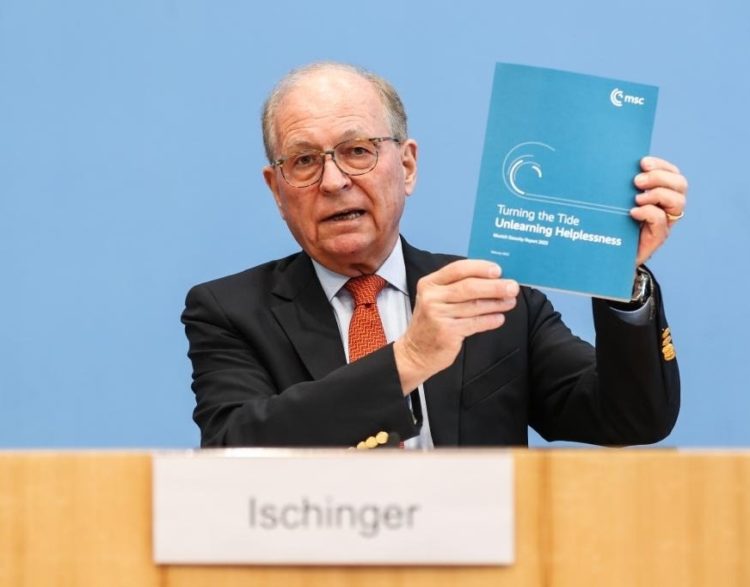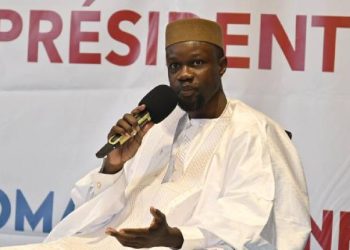Berlin: Participants in the upcoming 58th edition of the Munich Security Conference (MSC) will discuss the findings of a 180-page report titled “Turning the Tide – Unlearning Helplessness”, which warns of a mounting feeling of “helplessness” in many societies of the world in the face of a growing number of crises and conflicts.
The Munich Security Report, released here on Monday, is published annually ahead of the MSC. It sets the tone for the conference, which is often referred to as the “Davos of global security” and is to be hosted by Munich between February 18-20, reports Xinhua news agency.
The year 2021 was clearly not one for geopolitical optimism, according to the report.
“Almost every month, a new crisis dominated the news, contributing to a sense that this mounting tide of crises threatens to overwhelm us,” it says.
It cites “the seemingly endless” pandemic, “the increasingly tangible” threat of climate change, “the vexing vulnerabilities” of an interconnected world and the increasing geopolitical tensions among those challenges that contribute to “a feeling of a loss of control”.
The western societies, and the transatlantic partners in particular, “need to prove that they have the right answers to today’s challenges”, according to the report, adding that “systemic competition can be a catalyst for reform and innovation, providing us with a chance to turn the tide”.
The MSC, though not an official platform for formulating resolutions, provides an opportunity for face-to-face talks and discussions among different parties, said Wolfgang Ischinger, chairman of the MSC, at a press conference launching the security report.
He said he believed that it was necessary for all parties concerned to meet and discuss the explosive Ukraine issue, and added that he expected to conference to send a cooling signal.
“War could still be avoided, if I am not being naive,” he said.
Alongside Ukraine, this year’s MSC is expected to also focus on the situation in Afghanistan, Africa and the Middle East; the Covid-19 pandemic, the governments’ climate change policies; technology supply chain security; and the future of the European Union, according to Ischinger.
Due to the pandemic, last year’s MSC was held online for the first time. The conference resumes with physical meetings this year, but the number of attendees has shrunk significantly.
According to the MSC’s official website, 30 heads of state and government, 100 ministerial officials and heads of important international organizations are expected to attend the event, among them UN Secretary General Antonio Guterres, German Chancellor Olaf Scholz, US Vice President Kamala Harris, NATO Secretary General Jens Stoltenberg, European Commission President Ursula von der Leyen and Ukraine’s President Volodymyr Zelensky.



















